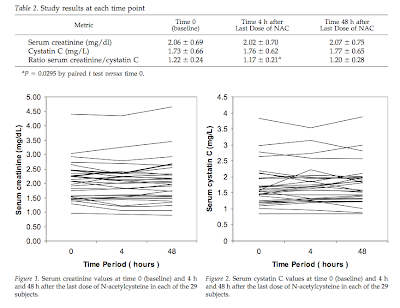In 1996, a year before returning to Apple, Fortune interviewed Steve Jobs. When asked what he would do to save Apple he
explained:
If I were running Apple, I would milk the Macintosh for all it's worth — and get busy on the next great thing. The PC wars are over. Done. Microsoft won a long time ago.
At that time, this quote was like a dagger in my heart. At the time Apple was flailing. Windows was rocking and the drumbeat of the end was getting louder. To hear the creator of the Mac declaring the war lost was heart breaking. I chalked it up to an off-the-cuff, spoiled-grape quotation.
Later, after Steve came back to Apple I began to feel vindicated in my opinion. Steve didn't act like he was "milking the Macintosh." In no way could I see his actions as just "milking the Mac." Check out this video of Steve at the 1997 MacWorld. I see no indication of the hopelessness that the PC wars were over (Steve enters at 5:30):
So from the moment Steve re-enters the PC picture, he restokes the PC wars. He introduces the iMac. He successfully recreates the NeXT operating system as OS X. And, though he had phenomenal success growing Apple's computer business, none of that really fits the bill of
The Next Insanely Great Thing.
When the iPod came out in late 2001 I wondered if this was the next great thing, but music, no matter how cool, was just too small a stage for the man who had twice revolutionized computers. Also when you look at the history of the iPod it wasn't an Apple idea, rather, the concept
was brought to Apple by Steve Fadell after Real passed on it. It didn't feel like what steve meant by "getting busy on the next great thing."
What the iPod did do, is demonstrate that Apple could win in consumer electronics. This time after Apple innovated the followers at Sony, Microsoft and Dell couldn't overtake'em. The disaster which nearly destroyed Apple in the PC wars wasn't re-run during the digital music revolution. Apple invented the digital music business and ten years later the story is still only about Apple.
When the iPhone was
introduced this felt like the The Next Big Thing. Phones are ubiquitous and important. The shift to mobile computing has been a long standing theme in the computer industry. Smart Phones aren't just about smarter phones but putting the power of the computer in your pocket. So it was clear that the iPhone fit the bill of the "the next great thing" but what wasn't clear was that it would replace the Macintosh.
With the introduction of the iPad I am now convinced that it will replace the Mac. The two pieces of data that convinced me of this was the demonstration of the iWork for iPad and the support for real keyboards. Both of those mean that the iPad is not just a media consumption device but also a media creation device. Congratulations Steve, I hope the iPad represents the next revolution in computing.




